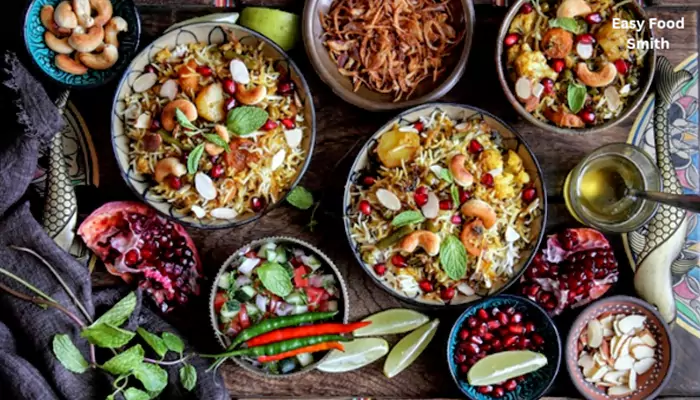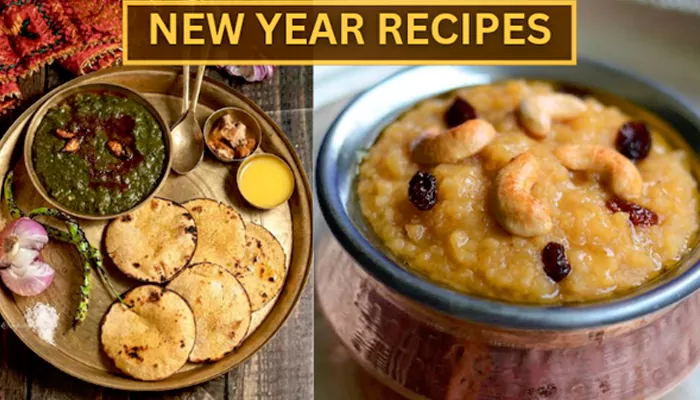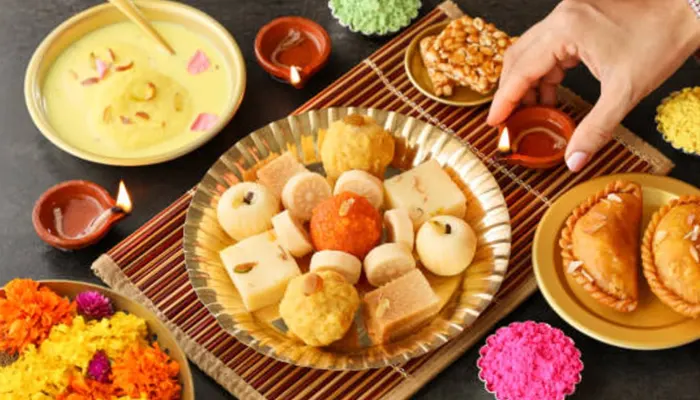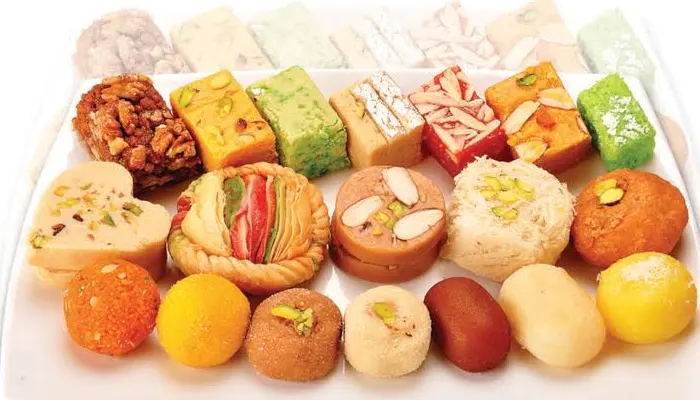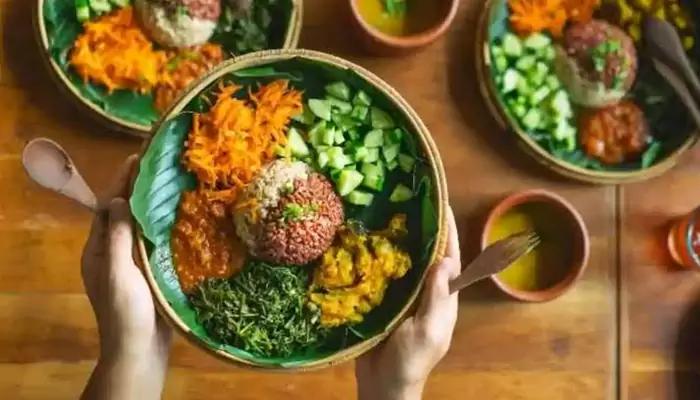Sabzi of the day - Drumstick Delight: Vital Health Benefits & Savory Dishes
- Soham Halder
- 1 year ago
- 3 minutes read

Drumstick or Moringa has been used extensively in Indian recipes for over hundred years, which provides a unique flavour to any curry, soup or pickle.
The rich culinary tradition of India has helped us to relish different varieties of vegetables with umpteen health benefits. One such wonderful vegetable is drumstick or Moringa oleifera. The word ‘Moringa’ comes from the Tamil word ‘Murungai’ which means twisted pod. In this article, we will explore amazing nutritional benefits of Drumstick and how to incorporate in your diet.

Nutritional Powerhouse:
Drumstick pods and leaves provide numerous essential nutrients. Moringa leaves, the most nutrient part of the plant are source of calcium, iron, zinc, selenium and magnesium. Young pods and seeds are enriched with oleic acid. It also contains 8.28 g carbohydrates, 2.0 g dietary fiber, 9.40 g protein, vitamins including A, B1, B2, B5, B6, B9, and C. Moringa is enriched with numerous minerals like Manganese, Phosphorus, Sodium, and so on.
Drumsticks for Wellness:
The bark, sap, roots, leaves, seeds and flower of Moringa plant has traditionally been used as medicine.
Boost Your Immunity: Abundance of vitamin C and antioxidating phytochemicals to combat against common cold and flu. The anti-inflammatory along with anti-bacterial properties of drumstick assist in reducing the symptoms of asthma, cough, and other respiratory issues. For quick relief from cough in weather transition, consume drumstick soup regularly.

Say Hello to Stronger Bones: The incredible source of calcium, iron and phosphorus, Drumstick strengthens the bones in children. Regular consumption of drumstick promotes bone density middle-aged and older people. This reduces risks of osteoporosis. The anti-inflammatory properties of drumstick are highly useful in treating arthritis.
Bloat to Bliss: Abundance of Vitamin B complex promotes the secretion of digestive juices, aiding smooth functioning of the digestive system. Additionally, high fiber content regularise the bowel movement. The hepatoprotective (protecting liver) function of the Moringa prevents harmful toxins from damaging the body. As per recent reports, Drumstick stimulates glutathione production, which effectively reduce free radical concentration.

Nature's Cardio Champion: The bioactive compounds niaziminin and isothiocyanate found in drumstick regulates blood pressure. Antioxidants also improve the circulation of blood. Phytochemical named isothiocyanates in moringa are helpful in improving glucose tolerance and decreasing blood sugar spikes.
Glowing Skin: Moringa has been used in beauty products for its incredible nutritional profile. It has hydrating and cleansing properties that can effectively delays the signs of ageing. Antibacterial properties of Drumstick also reduces occurence of acne by purifying blood.

Moringa leaves are enriched with antioxidants quercetin and chlorogenic acid, which are anti-cancerous in nature. Drumstick consumption is linked to reduced kidney disease, as confirmed by a recent research. It also cures edema and fights against tuberculosis. Antioxidants in Moringa promote eye health.
Drumstick Delights:
The edible parts of Moringa tree are leaves, stalks, stems, immature green fruit or seed pods, aromatic flower and young seeds and roots. The most common recipe in India is Drumstick Soup, which is also known as ‘Saijan Ki Phalli Soup’ in northern part of India.
(Credit - Insta/@nammabangalorepage)
Drumstick is an essential ingredient in Sambar (soup with multiple veggies in Southern part of India). Spicy and tangy drumstick masala curry is another famous recipe, which is mostly consumed with hot rice.
Let's conclude this article with an exciting fact about drumstick. This tree is drought-resistant and India is the largest producer of the drumstick.


